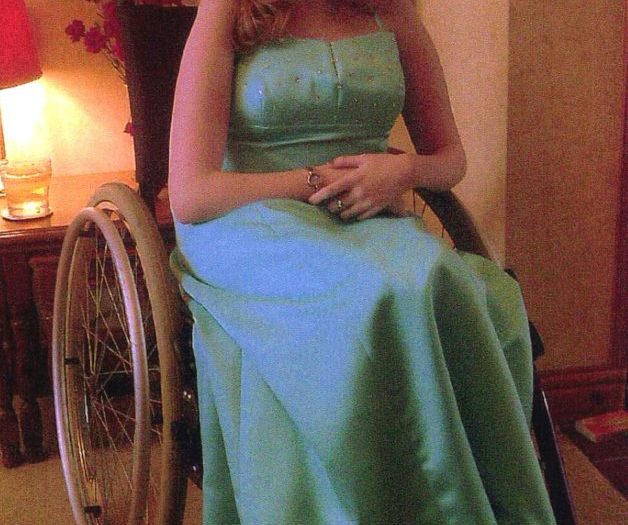By Carrie Aimes (Part Two)
I placed ad’s everywhere I could think of; online and locally. After several weeks of limited interest, I arranged interviews with each candidate in the hope that at least one would be suitable. Most were let downs, failing to turn up without notice or changing their mind after showing initial enthusiasm. My expectations were raised only to be shattered. I was surprised by the casual disregard and lack of consideration from some of the applicants. I spent whole days at home waiting for interviewees to arrive, as if I have nothing better to do. Is it really that difficult to send a text message or make a quick call to say you cannot attend for whatever reason?
Time was ongoing and I was increasingly aware I would have to find someone – anyone – as soon as possible. I live rurally in a town populated by less than 10,000 and so inevitably I wasn’t getting as much interest as I might if I had lived in a City. This was an incredibly tense and stressful time for me. Although my carer had said she would remain with me until a replacement could be found, I knew it was too much to expect her to stay as long as it was taking. I couldn’t be without the care I needed to live my life, to simply exist. Yet at the same time I couldn’t find anyone to provide this care. I was facing an almost impossible challenge.

In the end it was once again through friends of friends and frankly sheer luck that I found someone to take on the essential role. I won’t lie, it was a difficult transition and my daily routine had to adapt. But several months later, all the initial doubts and struggles were ironed out. This carer is now due to leave my employ at the end of the year. Therefore, for the past several months I have once again been put through the arduous recruiting process. It’s an unenviable task but one that is essential and unavoidable part of life for us with a disability.
I realise it’s difficult for those applying for positions as PA’s to empathise with our unusual and complex situation. If you’ve never needed care yourself it’s understandably difficult to grasp the necessity and importance of the role of caregiver. For this reason I decided to write an open letter to all carers and those considering care work.
On behalf of all of us who require personal or social care, I invite anyone considering taking on the role of personal assistant to think carefully about what it really means before you do apply.
Firstly, this is not a choice for us. We’re not, for example, hiring a cleaner because we’re too busy or lazy to clean our own homes. When we advertise for carers, it’s because we NEED them and not necessarily because we want them.
As physically disabled individuals, many of us cannot independently carry out essential everyday tasks including washing, dressing and toileting. To have no option but to entrust such tasks to another person, a stranger, is unnatural and inevitably unnerving. We are in effect placing our lives in your hands when you take on the role of personal carer.
Recruiting carers can be a lengthy and extremely stressful process for us. There’s the initial worry over whether there will be applicants at all, followed by the dreaded interview process. More often than not we find ourselves waiting aimlessly for interviewees to attend, yet they never show. Please do bear in mind that just because we are disabled, like you we have lives to lead too, so don’t waste our time. We appreciate there are valid reasons for failing to attend job interviews, but it’s no hardship making a quick phone call or sending a text message to let us know in advance. As you would do with any potential employer, be professional and courteous.
If and when we are able to successfully recruit, it can be soul destroying when that person flippantly decides to resign days later. You may wonder how and why this can happen but the sad fact is that for many disabled people it is a reality. We cannot afford the luxury of being able to manage until a replacement is found; we can’t simply wait for the right person to show up. Some of us even have to resort to respite and residential homes in the meantime, thereby taking us away from our own homes and everything we hold dear. Try to imagine if you will, how demoralising and distressing such a situation would be if it happened to you. I therefore reiterate how important it is to think before applying for a role as a personal carer. Please don’t apply and agree to attend an interview if you don’t really mean it.
Are you trustworthy, reliable, willing and able? Are you entering this area of work for the right reasons and not just because no qualifications are required? Your role will involve a range of tasks and you will be responsible for the safety and well-being of your potentially vulnerable employer. And you will be valued and respected for doing an excellent job.
But if your attitude to care work is casual and indifferent, and you don’t see a problem with letting us down at short notice, then maybe this is not the job for you.
Carrie Aimes

